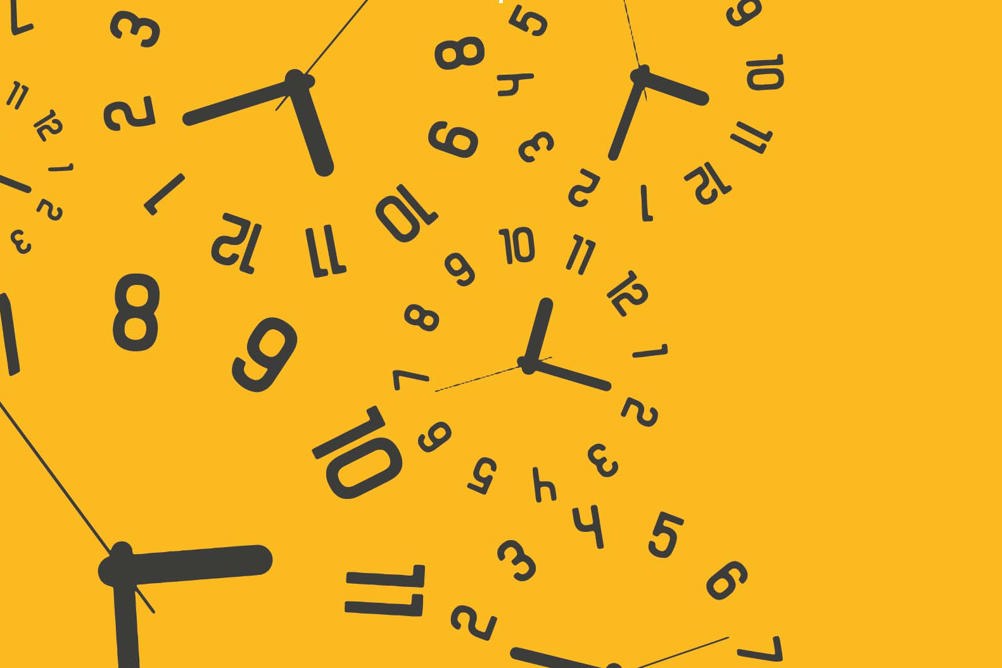
In drama, time is key. There's the passage of time, both real and symbolic. Timing also gives us pace, tempo, rhythms and speed of action in the narrative.
Time drives the characters. We are all, in fact, running out of our allotted time, gradually and unavoidably.
One excellent exercise to explore time in drama is cross-cutting. That is, asking students to create three scenes – a ‘big event’ (Sc 2), shortly before it (Sc 1) and then a period of time later (Sc 3). Those scenes can be swapped around for dramatic impact. The scenes could be months, even years apart. Or they could be very close in chronological time.
Register now to continue reading
Register to the Drama & Theatre website today and gain access to all the latest news and developments from the world of drama education.
By registering you will receive:
-
Free access to 4 subscriber-only articles per month
-
Unlimited access to news and opinion on our website
Already have an account? Sign in here
